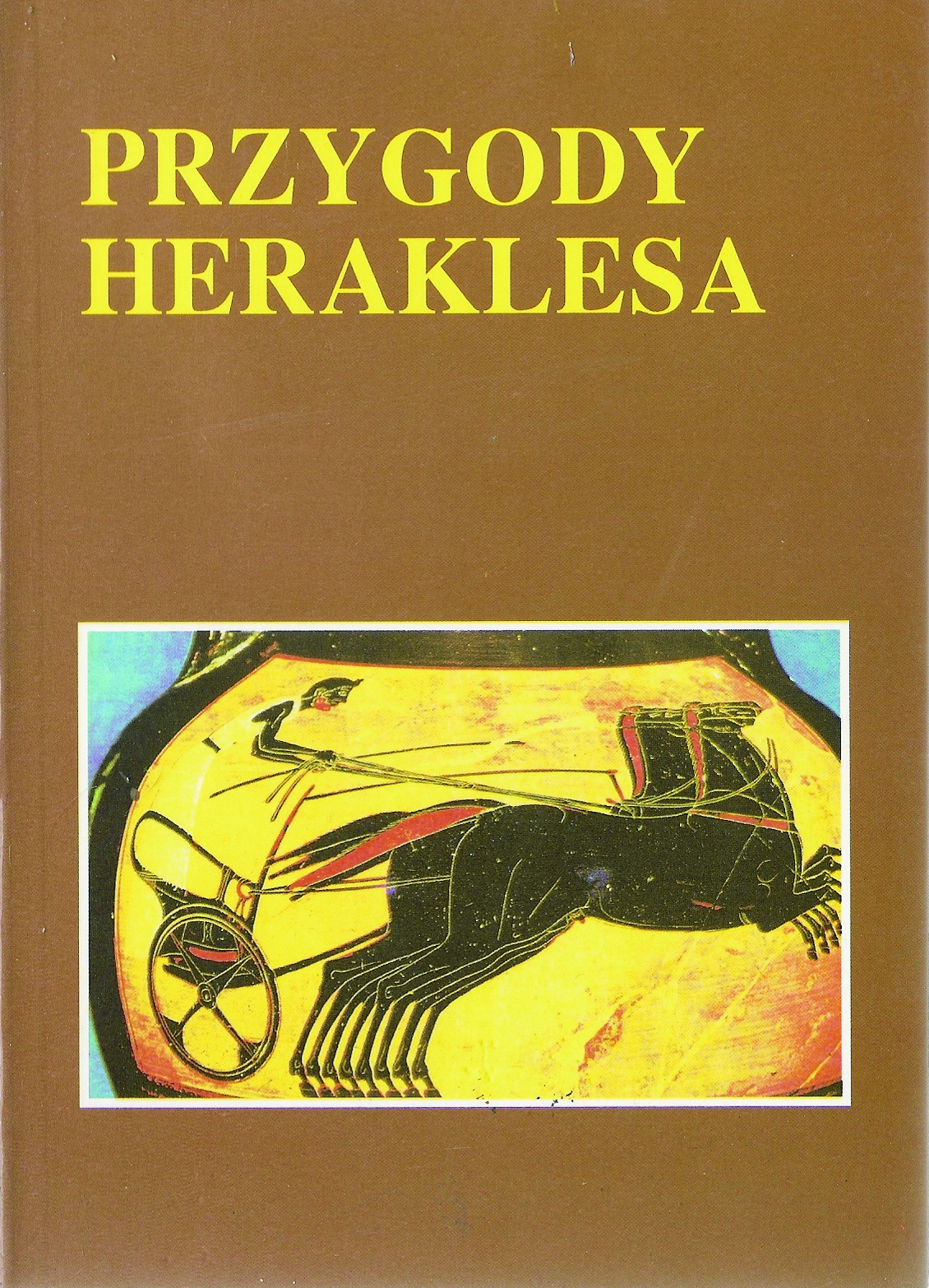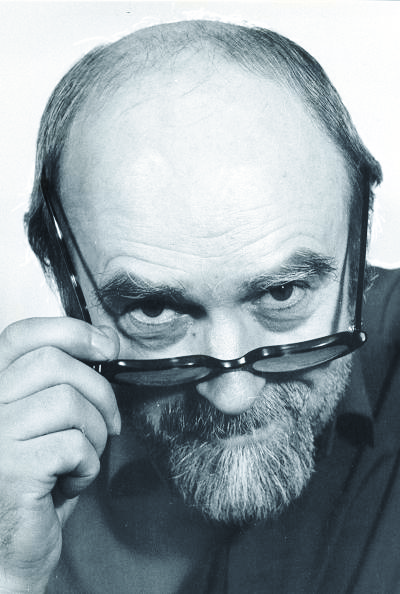Title of the work
Country of the First Edition
Country/countries of popularity
Original Language
First Edition Date
First Edition Details
Stanisław Srokowski, Przygody Heraklesa. Wrocław: Izba Wydawnicza "Światowit", 1996, 104 pp.
ISBN
Genre
Adaptation of classical texts*
Target Audience
Crossover (school children)
Cover

Courtesy of the publisher.
Author of the Entry:
Sylwia Chmielewska, University of Warsaw, syl.chm@gmail.com
Peer-reviewer of the Entry:
Katarzyna Marciniak, University of Warsaw, kamar@al.uw.edu.pl
Elżbieta Olechowska, University of Warsaw, elzbieta.olechowska@gmail.com

Courtesy of the Author
Stanisław Srokowski
, b. 1936
(Author)
Stanisław Srokowski is a poet, novelist, playwright, literary critic, translator and essayist. Born near Tarnopol (in eastern Poland before WW2, now Ukraine). He started as a high school teacher, and then he branched out into journalism. He also joined “Solidarność” [Solidarity] – the first non-Communist trade union in Communist Poland.
Author of about 50 books, including several novels and short stories, and books for children. He won numerous literary prizes and awards, e.g., Australian International Prize POLCUL and among Polish awards, Stanisław Piętak Literary Award, Józef Mackiewicz Literary Award, and others. His prose and poetry were translated into many languages, including English, Japanese, and several European languages. His literary work is strongly connected with the culture of eastern pre-war Poland, as well as with ancient literature and culture.
Source:
The Author's Website (accessed: November 2, 2021);
"Srokowski Stanisław", in Jadwiga Czachowska and Alicja Szałagan, eds., Współcześni polscy pisarze i badacze literatury. Słownik biobibliograficzny, vol 7: R– Sta, Warszawa: Wydawnictwa Szkolne i Pedagogiczne, 2001, 407–410.
Bio prepared by Sylwia Chmielewska, University of Warsaw, sylwia.chmielewska@student.uw.edu.pl, syl.chm@gmail.com
Summary
Based on: Katarzyna Marciniak, Elżbieta Olechowska, Joanna Kłos, Michał Kucharski (eds.), Polish Literature for Children & Young Adults Inspired by Classical Antiquity: A Catalogue (accessed: June 11, 2021), Faculty of “Artes Liberales”, Warsaw: University of Warsaw, 2013, 444 pp.
The book begins with Heracles’ birth, and then goes on about Alcmene tricking Hera into giving her son immortality and Heracles killing two snakes in his cradle. Raised among the shepherds, he becomes famous at the age of eighteen for killing the lion of Cithaeron. Then the author tells us about Heracles’ madness, which made him kill his own children, and about his subsequent journey to Delphi to find redemption. The Oracle told Heracles that he must serve king Eurystheus and do the king’s bidding in order to at one for his sin. The next twelve chapters of the book recount the Twelve Labours of Heracles in the following order (slightly different from the traditional list found in Pseudo-Apollodorus’ Bibliotheca, 2.5.1 – 2.5.12):
- the Nemaean Lion,
- the Lernaean Hydra,
- the Erymanthian Boar (traditionally the 4th labour),
- the Ceryneian Hind (traditionally the 3rd labour),
- the Stymphalian Birds (traditionally the 6th labour),
- the Augean Stables (traditionally the 5th labour),
- the Cretan Bull,
- the Mares of Diomedes,
- the Girdle of Hippolyta,
- the Cattle of Geryon,
- the Golden Apples of the Hesperides,
- Cerberus.
In the last chapter the reader learns about the tragic death of Heracles, caused by Deianira.
Analysis
The main classical theme of the book is the life of Heracles along with his journeys and adventures connected to the Twelve Labours.
Further Reading
Apollodorus, The Library, vol. 1, trans. J. G. Frazer, The Loeb Classical Library, London: William Heinemann; New York: G. P. Putnam's Sons, 1921.


